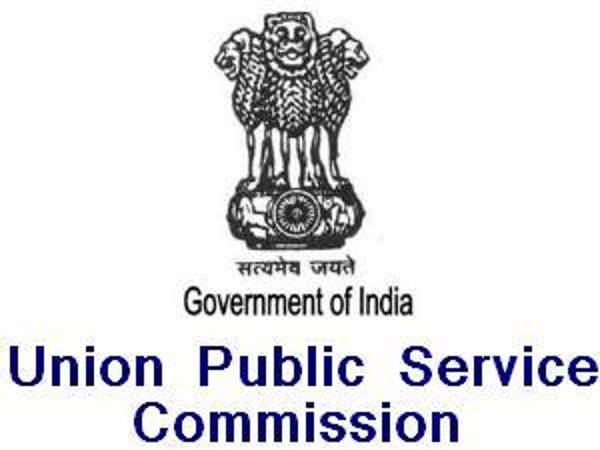
New Delhi, Aug 8: Nearly two centuries after Lord Macaulay championed the introduction of English as a medium of education in India, a debate is still raging on the suitability of what many describe as a "foreign language" in a polyglot nation that has 22 official languages and over 350 different dialects.
The debate was rekindled in the last few days, as civil service aspirants thronged the streets here in large numbers demanding that the Civil Services Aptitude Test - which they said was a glaring disadvantage to students from non-English backgrounds - be scrapped.
Though the government announced on Aug 4 that the marks in the English language comprehension skills of the UPSC aptitude test will not be included in the merit list, the protestors remained far from satisfied, impelling many to ponder that resentment against the English language is probably more intense than we imagined.
Pavan Verma, former diplomat and author, said:
English is not a language of social inclusion. "English is a foreign language and I believe it can never be a language for social inclusion. It has created a literary upper tier where people with a certain fluency and accent are more privileged."
"Nobody is denying the importance of the English language, but we cannot allow it to become a barrier to those whose knowledge of English is limited or who have not studied in English medium schools," Varma added.
Paranjoy Guha Thakurta, a political commentator said:
He described English as a "colonial hangover".
"I think the ongoing protest has its merits. It is not just about the UPSC. The way people are selected in various competitive examinations clearly demonstrates a colonial hangover," Thakurta told, alluding to the undue prominence given to the English language.
"The ability to read or write English invariably has a class connotation. It is reflective of people who are wealthy. For example, any leading English daily fetches more advertisements than a leading Hindi daily which may have a greater circulation. This is because even the advertisers recognise the English readers as wealthier people," Thakurta maintained.
Aam Aadmi Party's chief spokesperson Yogendra Yadav said:
English is over-emphasised. He said the protests were in fact against the "entire system that is rigged against Indian languages."
Even if the institution formally permits one or more Indian language as a medium of examination, there are multiple informal barriers at each step: syllabi, prescribed books, classroom teaching, question papers, and examiners are all biased in favour of English."
Amreesh Pandey, spokesman of NSUI, the student wing of the Congress, said:
The predominance of English has led to discrimination against people whose medium of education was Hindi.
"Personally, I feel there is a mentality in our society that if somebody is studying in a Hindi medium institute, he is seen as an inferior. This mentality is the problem," Pandey told.
Experts from the south, on the other hand, have a very different perspective on the debate over the supposed domination of English.
M.S.S. Pandian, author and political commentator based in Chennai, said:
The very friction between English and Hindi languages is an artificial construct and politicians from the Hindi heartland are to blame for this.
"The very phenomenon of an English versus Hindi resistance is created by Hindi heartland politicians who destroyed the possibility for Hindi heartland students to be conversant in English by not providing an equibalance between the two languages," Pandian told.
He also objected to English being seen as a "colonial hangover".
"English is to begin with our language. When the constituent assembly debated the question of language, the Anglo-Indians said we belong to this country and our language is English.
Similarly, English is the official language in Nagaland. If you want Nagaland and Anglo-Indians to be a part of India, you have to recognise English as part of India. Where is the question of colonial hangover here," he asked.
Thakurta summed up: "We need English as it can continue to be the linking factor in a country with many languages, but using proficiency in this language as a measure to ascertain a person's capability to be a good administrator is not reasonable."
Inputs form IANS



 Click it and Unblock the Notifications
Click it and Unblock the Notifications



























